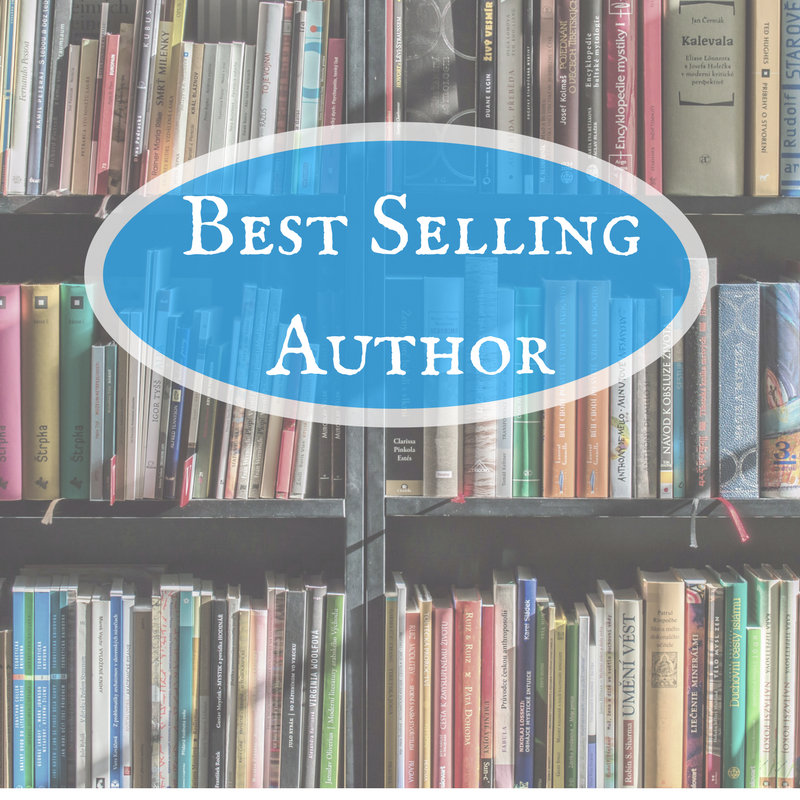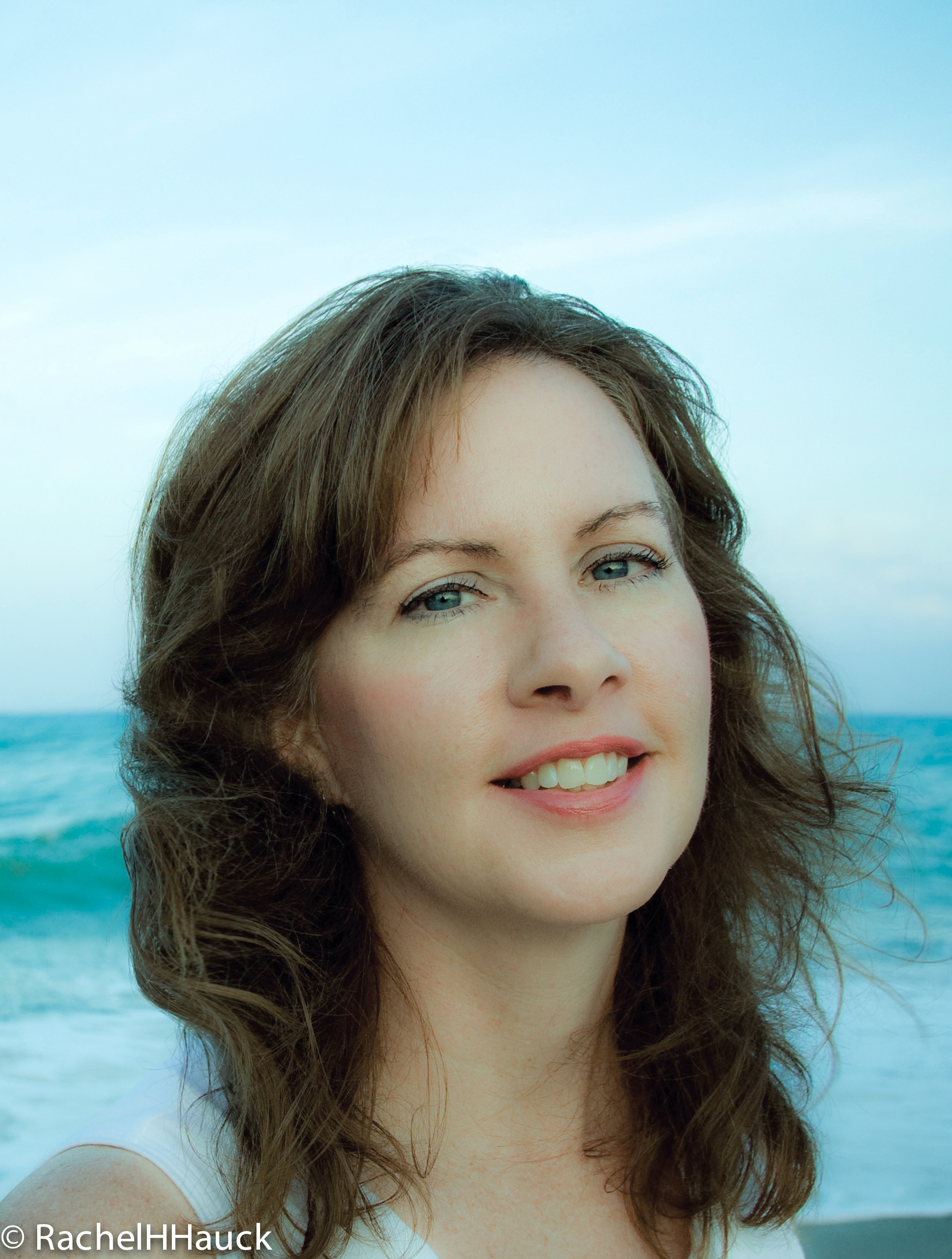
Interview with Bestselling Author Susan Neal
Can you share a little about your recent book? Why do you write? Do you have a theme, message,…
November 1, 2021
Can you share a little about your recent book? Why do you write? Do you have a theme, message,…
November 1, 2021
Can you share a little about your recent book? Lethal Cover-Up is a story about sisters and what happens…
October 1, 2021
Can you share a little about your recent book? My book 50 Life Lessons for Grads: Surprising Advice for…
June 2, 2021
Can you share a little about your recent book? (Releasing in September 2020) Like most of my historical novels,…
August 1, 2020
Can you share a little about your recent book? Burdened by his past, fighter pilot Lt. Adler Paxton battles…
November 1, 2019
Jolina Petersheim is the bestselling author of How the Light Gets In, The Alliance, The Midwife, and The Outcast, which Library Journal called “outstanding…
May 1, 2019
Can you share a little about your recent book? Obsessed (second book in Everyday Heroes Series) blurb: Stalker. Arson.…
January 1, 2019
Can you share a little about your recent book? My latest release is a novella collection called The Christmas…
December 1, 2018
Can you share a little about your recent book? Called To Protect is the second book in the Blue…
July 1, 2018
DiAnn Mills is a bestselling author who believes her readers should expect an adventure. She combines unforgettable characters with…
January 1, 2018
[author title=”Rachel Hauck” image=”https://www.almostanauthor.com/wp-content/uploads/2015/07/Hauck_3049_WBP-1.jpeg”] Rachel Hauck is a USA Today Best Selling, and award-winning author of critically acclaimed novels…
August 5, 2015